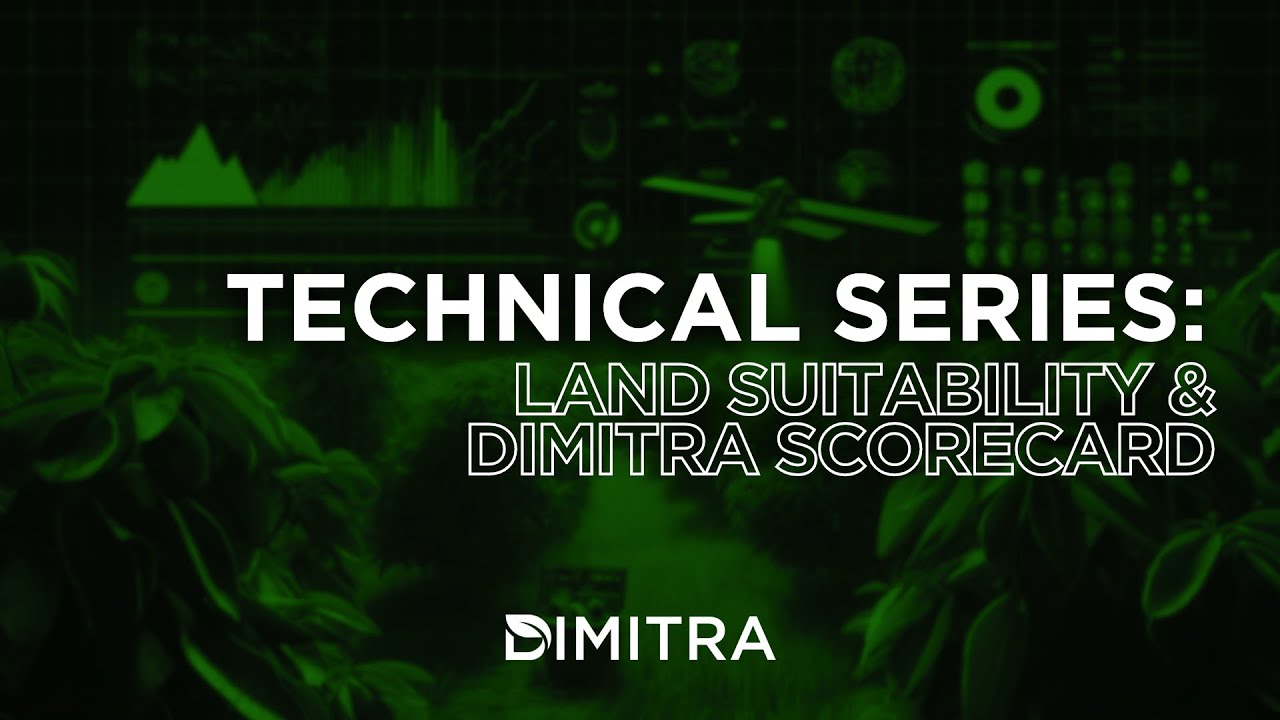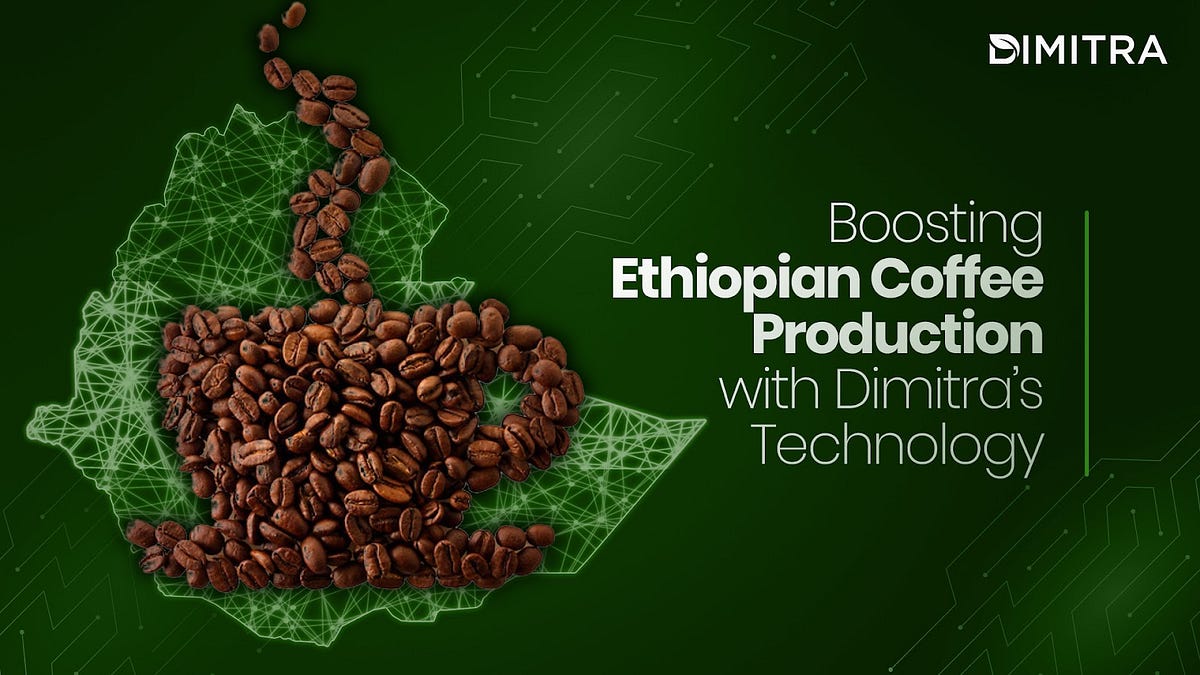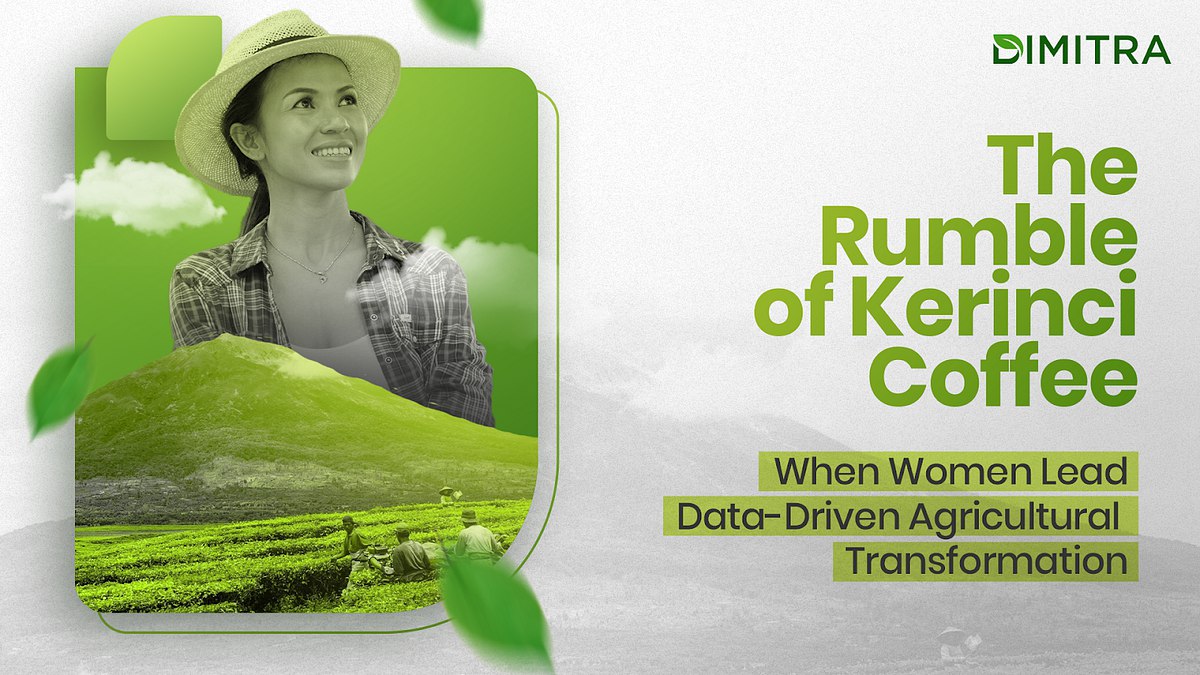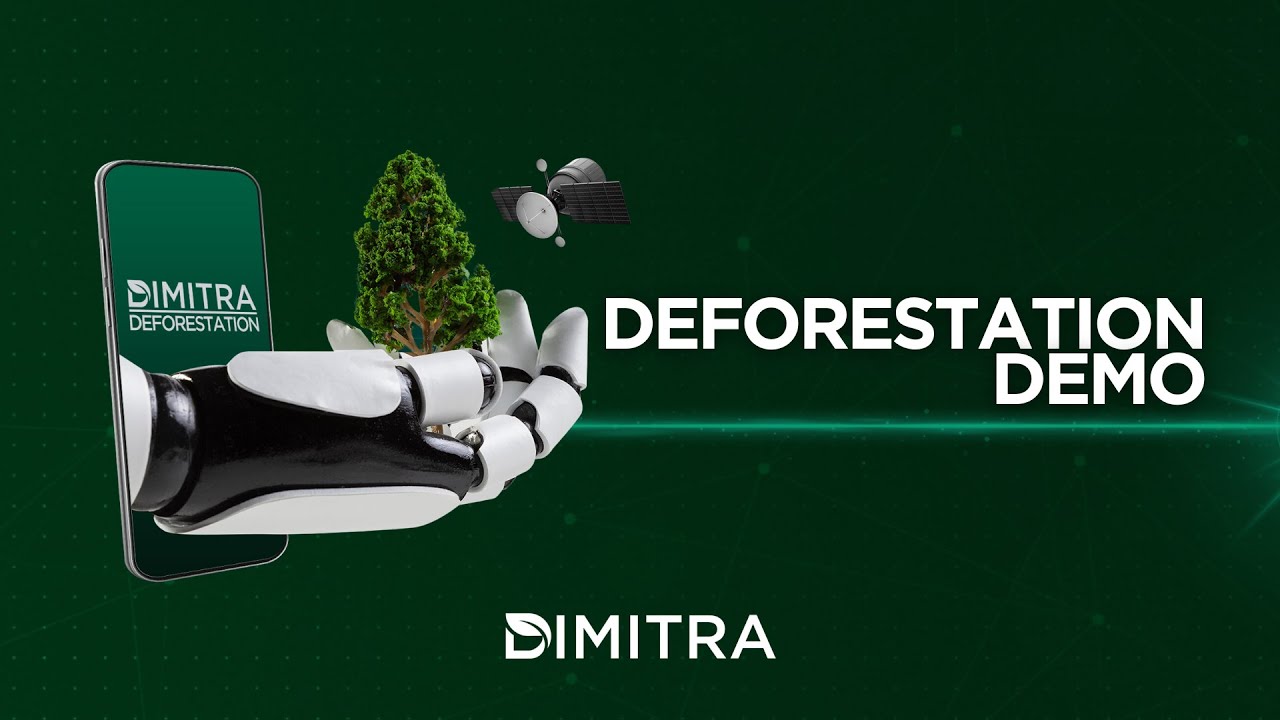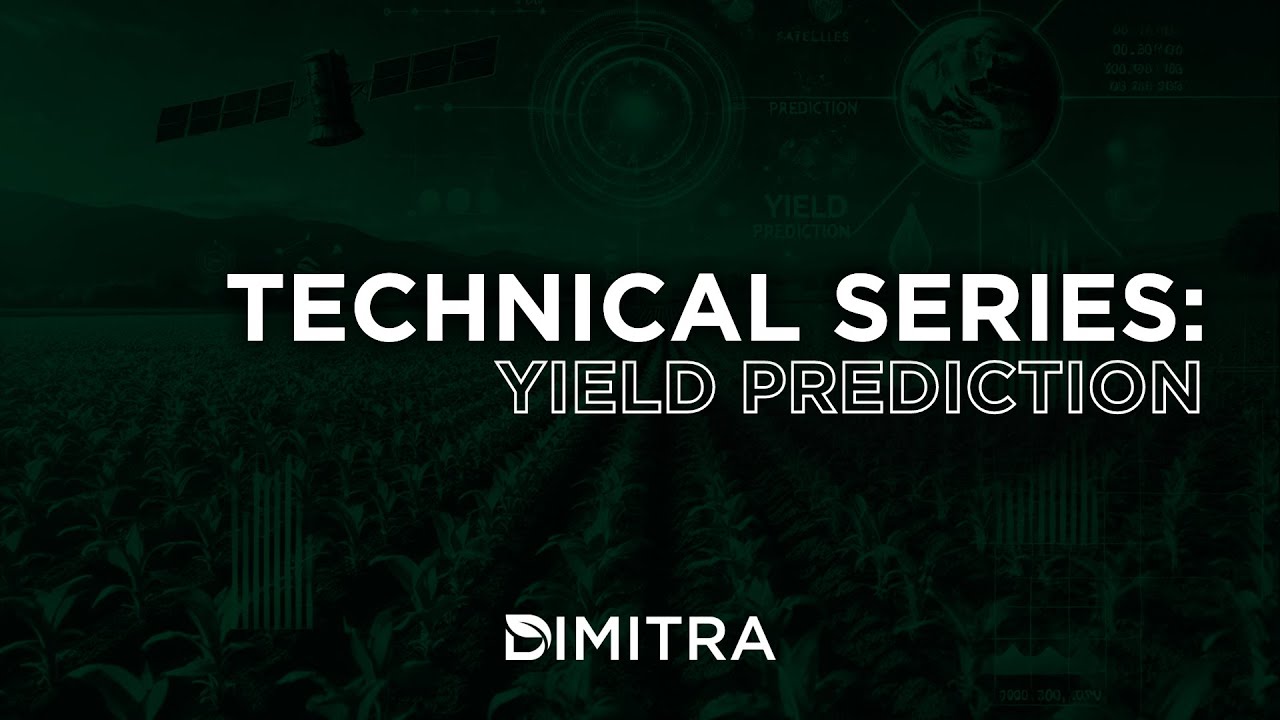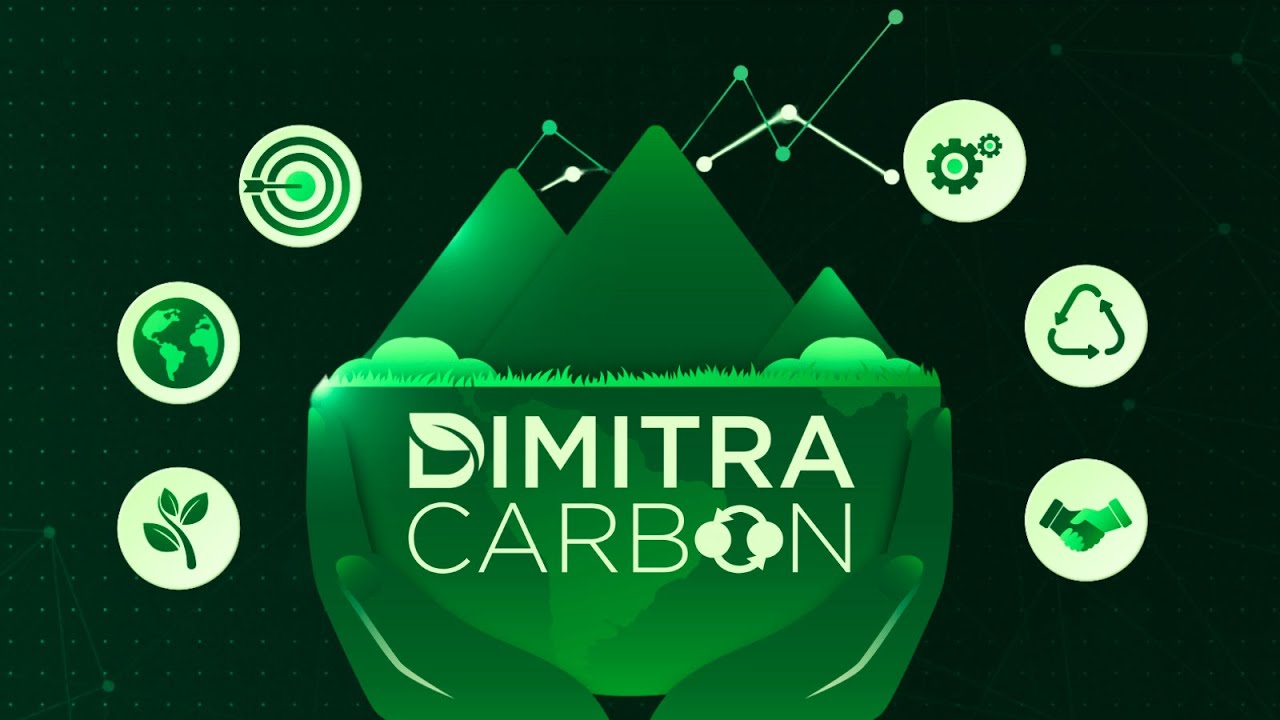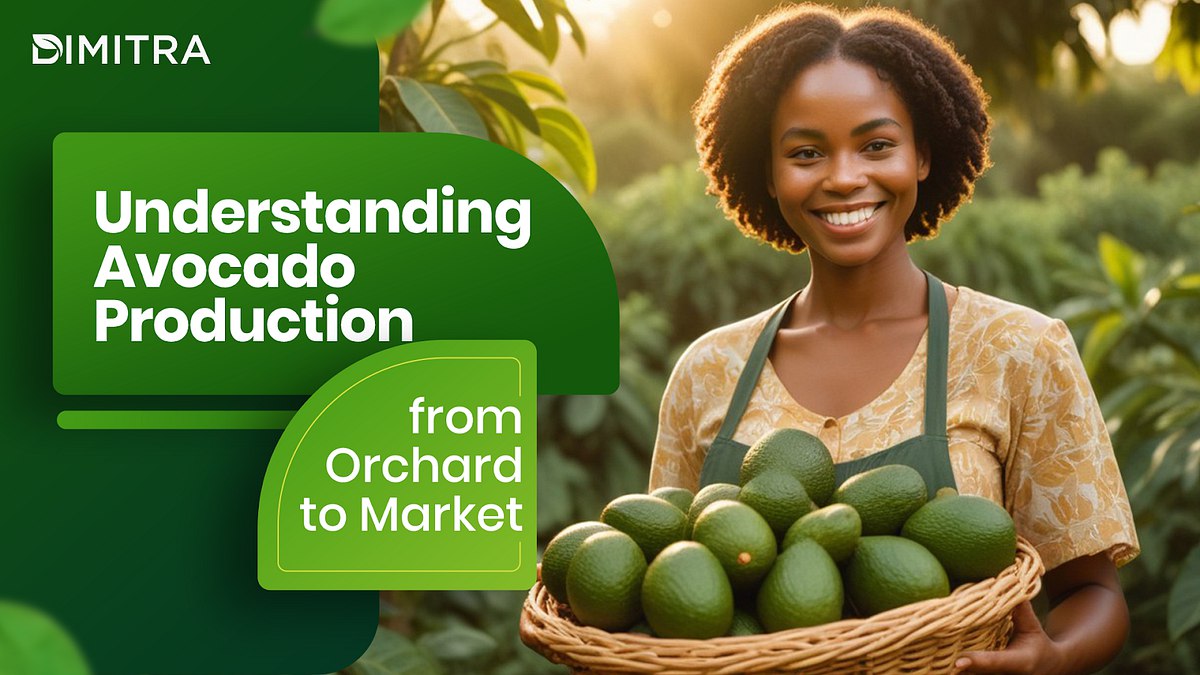Planting
Dimitra Avocado production demands careful planning and execution, and specific conditions:
- Deep, well-drained soil rich in organic matter,
- A pH between 5.5 and 7,
- Subtropical or tropical climates with temperatures between 15°C to 25°C,
- Sheltered planting locations as they are vulnerable to frost and strong winds
Planting avocado trees typically requires one of three land spacings: 6×7 meters, 5×6 meters, or 6×6 meters for optimal production and tree health. The most popular spacing in Kenya is 6×6 meters, which allows 270 trees per hectare to grow and mature fully.
Avocado trees take root and start producing fruit in as little as three years. They reach peak productivity around eight to ten years old.
Under ideal conditions as listed above, a mature avocado tree can produce a staggering 100–200 kilograms of fruit every year. With an average lifespan of 25 years, these trees can become a dependable source of income for farmers and growers, providing a steady stream of revenue for decades.
Harvesting
Manual harvesting of avocados typically occurs between March and September, with the exact timing varying depending on the specific variety, region, and prevailing conditions.
Avocado farmers can guarantee prime-condition fruit at stores by taking precautions to deliver ready-to-eat avocados to consumers. To ensure the quality of the delicate avocado fruit, careful handling is crucial, this means;
- gently plucking the fruit from the tree to avoid damage and,
- refrigerated in storage to slow down the ripening process.
Productizing
Avocado processing generates a wide range of valuable products. Some examples are as follows:
Food: Fresh avocados are enjoyed in various dishes like guacamole, salads, and desserts. Frozen avocado pulp is a vital ingredient in the food industry, where it’s transformed into refreshing juices and decadent ice creams.
Beauty: The extracted oil is highly prized in cooking and cosmetics due to its exceptional nutritional and moisturizing properties. Both pulp and oil are key ingredients in personal care items like body lotions.
Sustainability
Avocado farming must prioritize sustainability, adhere to international supply chain standards, and work to protect the planet. By adopting organic fertilizers, integrated pest management, and water conservation through the Connected Farmer app, farmers can significantly reduce their environmental footprint. This responsible approach not only preserves natural resources but also ensures the well-being of agricultural workers.
Expected Productivity and Revenue
With 6×6 meter spacing in Q2 of 2024:
- Number of trees per hectare: 270
- Possible annual production per tree: 100 to 200 kg
- Projected average annual revenue per tree (USD $1/kg — Minimum Price): $100 to $200
- Projected average annual revenue per tree (USD $3/kg — Maximum Price): $300 to $600
- Possible annual yield per hectare: 27,000 to 54,000 kg
- Projected average annual revenue per hectare (USD $1/kg — Minimum Price): $27,000 to $54,000
- Projected average annual revenue per hectare (USD $3/kg — Maximum Price): $81,000 to $162,000
Avocado farming can be a lucrative business that not only generates substantial profits but also prioritizes environmentally friendly practices. To achieve this, farmers must carefully consider four key factors: soil, climate, spacing, and sustainability.
By adopting these measures, avocado farmers can ensure their operations generate healthy profits and adhere to the best agricultural methods and Environment, Social, and Governance (ESG) principles. In doing so, they can contribute to a more sustainable food system, support local communities, and protect the environment for future generations.
Understanding The Avocado Production Chain: From Planting to Processing
Avocado production demands careful planning and execution, starting with the selection of prime soil and climate conditions. Avocado trees flourish in deep, well-drained soil rich in organic matter, with a pH between 5.5 and 7. They thrive in subtropical or tropical climates with temperatures between 15°C to 25°C but are vulnerable to frost and strong winds, which can devastate production.
Planting avocado trees typically involves three commonly recommended spacings: 6×7 meters, 5×6 meters, or 6×6 meters. The 6×6 meter layout is the most popular in Kenya, allowing for 270 trees per hectare and providing each tree with ample space to grow and mature fully.
Avocado trees typically begin to produce fruit in the third or fourth year after planting, with full production reaching around the eighth to tenth year. Under ideal conditions, the average annual production of a fully mature avocado tree ranges from 100 to 200 kg of fruit.
The lifespan of an avocado tree is, on average 25 years, potentially longer under optimal conditions. Harvesting is done manually, usually between March and September, depending on the variety and region. Post-harvest, the fruits must be handled carefully to avoid damage and stored in cool environments to control ripening through temperature and humidity regulation.
Avocado processing yields several primary products. Fresh avocados are consumed raw or used in recipes such as guacamole, salads, and desserts. Avocado oil, extracted from the pulp, is used in cooking and cosmetics due to its nutritional and moisturizing properties. Frozen avocado pulp is utilized in the food industry to produce juices, ice creams, and other products. Additionally, avocado oil and pulp are employed in the manufacture of creams, lotions, and other personal care items.
Sustainability is a key aspect of avocado cultivation. Sustainable practices include using organic fertilizers, integrated pest management, and water conservation. Sustainable avocado production contributes to environmental and social responsibility by promoting efficient resource use and the well-being of agricultural workers.
Expected Productivity and Revenue
For the 6 x 6 meter spacing:
- Number of trees per hectare: 270
- Annual production per tree at maturity: Between 100 to 200 kg
- Annual yield per hectare: Between 27,000 to 54,000 kg
- Average annual revenue per hectare (USD $1/kg — Minimum Price to $2/kg): Between USD $13,500 to USD $27,000
- Average annual revenue per hectare (USD $3/kg — Maximum Price): Between USD $81,000 to USD $162,000
To summarize, the avocado production process involves selecting the right soil and climate, proper planting and spacing, and implementing sustainable practices. With stable production and favorable market prices, avocado cultivation can be a profitable venture, aligned with best agricultural practices and ESG principles.


